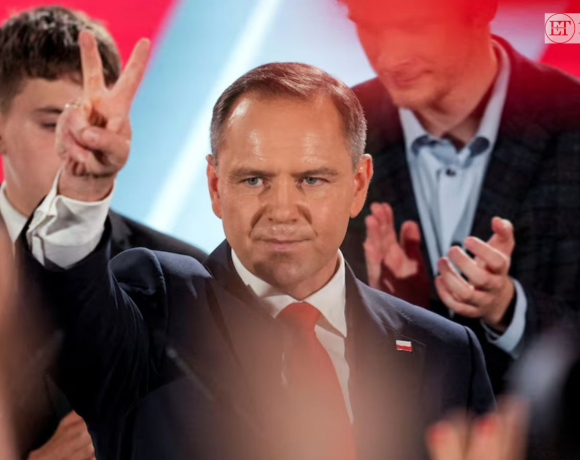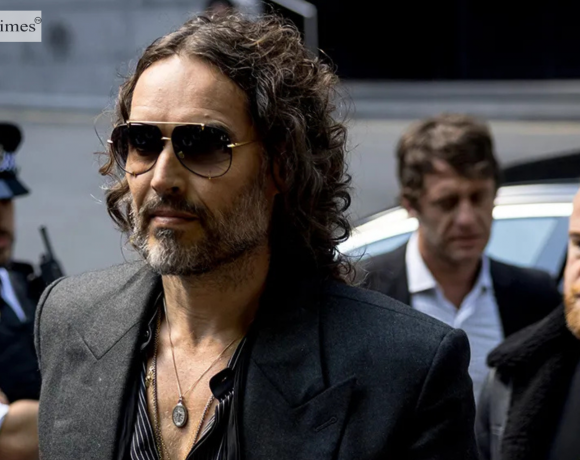
Nationalist candidate Karol Nawrocki narrowly defeated centrist rival Rafal Trzaskowski in Poland’s presidential election, securing 50.89% of the vote against Trzaskowski’s 49.11%, according to official results released Monday. Nawrocki, backed by the opposition Law and Justice (PiS) party, ran on a platform opposing Prime Minister Donald Tusk’s liberal agenda, positioning the vote as a referendum on the current government’s policies. The outcome delivers a major blow to Tusk’s pro-European Civic Coalition and signals the likelihood of increased political deadlock.
Nawrocki, a conservative historian and former head of Poland’s remembrance institute, is expected to use his veto power to stall liberal reforms, particularly in areas such as judiciary overhaul and abortion rights. His victory follows a campaign marked by nationalist rhetoric and controversy, including scrutiny over a past property deal and involvement in staged fights. Turnout hit a record 71.31% for a presidential run-off, underscoring the nation’s deep political divide.
The result has drawn praise from nationalist and eurosceptic leaders across Europe, including Hungary’s Viktor Orban and Czech opposition leader Andrej Babis, while investors reacted negatively, with Warsaw’s stock index falling and the zloty weakening. Despite concerns in Brussels, European Commission President Ursula von der Leyen expressed hope for continued cooperation. As Poland braces for more legislative clashes, observers warn of intensified tensions between the presidency and parliament, raising uncertainty about the country’s policy direction.
Pic Courtesy: google/ images are subject to copyright













